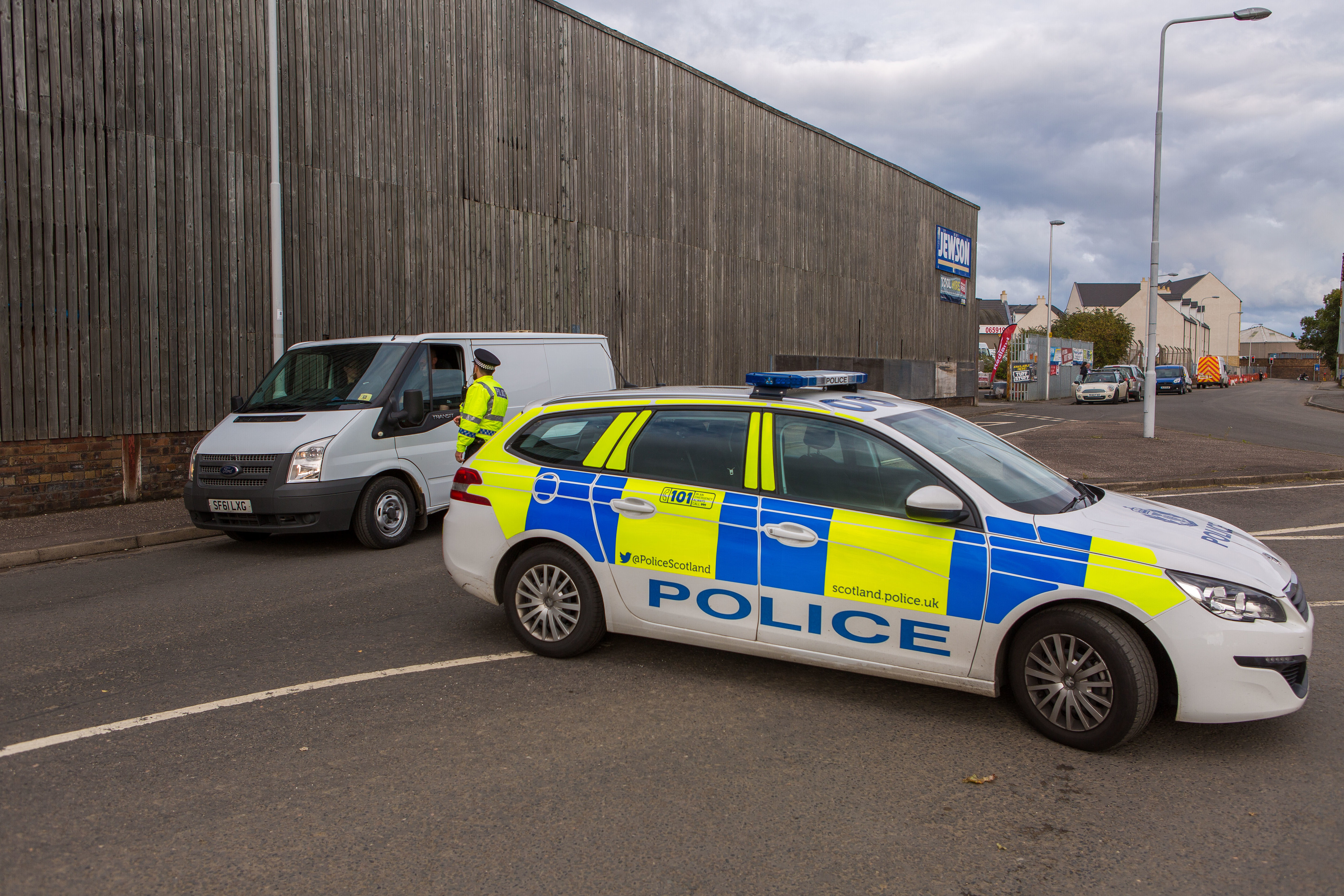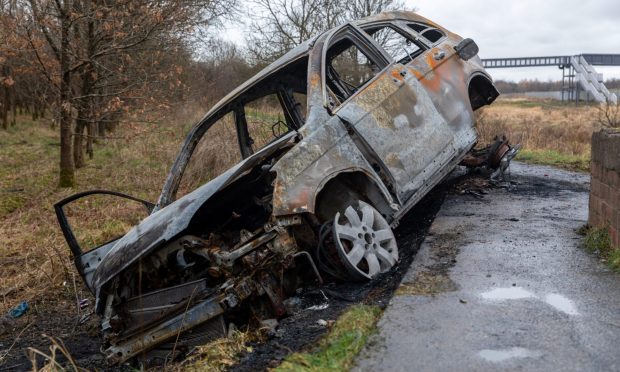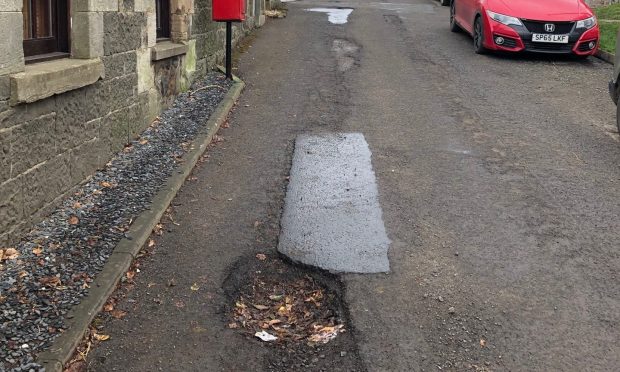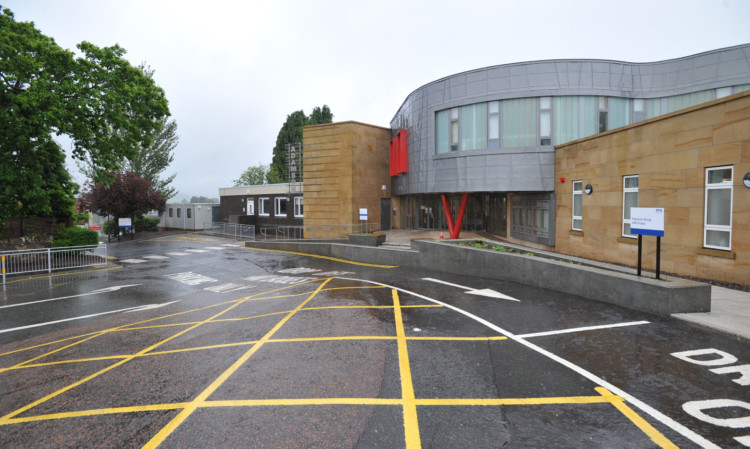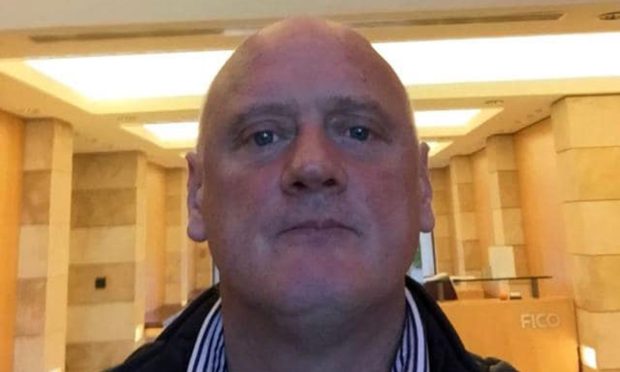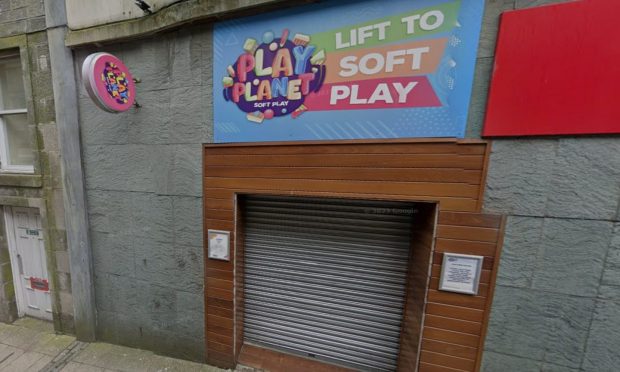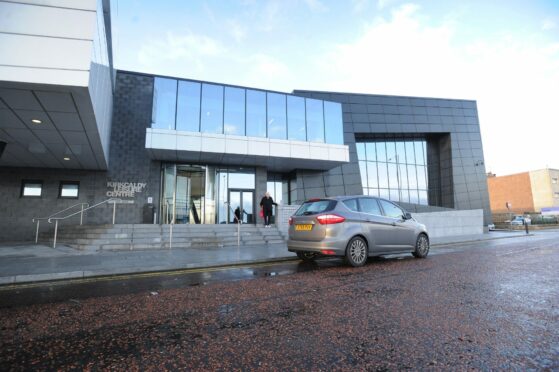Less than a month ago, I wrote about stretched police resources caused by a soaring number of missing person investigations, with Fife division dealing with an incredible 4,417 cases last year.
The figure had risen by more than 57% on the previous year, meaning police are enquiring about an average of 12 a day. Each investigation typically costs at least £2,000.
Sadly, the last few days have starkly reminded us behind each statistic is a human story and a human cost.
Most of the missing people appeals issued end with a subsequent communique to tell us the person in question has been found safe and well.
Tragically, that was not the case on Thursday as it became clear that 17-year-old Libbi Toledo would not be coming home alive.
The Courier had been called to a press conference in Kirkcaldy to hear from Libbi’s mum at 2.30pm that day, but just minutes before it was due to begin it was clear there had been a significant development in the case and the media event would not be happening.
It was a stark reminder each missing person case does not always end “well” and that no figure can be put on the human cost of how things can unfold.
After our story last month, we had a few calls to say more must be done to delve deeper into the reasons behind each so-called ‘misper’ case, largely to try and stop repeat offenders who can cause a drain on frontline policing.
Last week’s events once more proved this issue should not be about numbers. Police cannot, and will never, turn a blind eye to any report of a missing person.
Policing isn’t all about responding to crimes and chasing up the bad guys and, having heard reports of officers and civilian staff close to tears as it became clear Libbi would not be coming home, the events of last week represented a sobering reminder of the incredible job our police officers do on a day-to-day basis.
